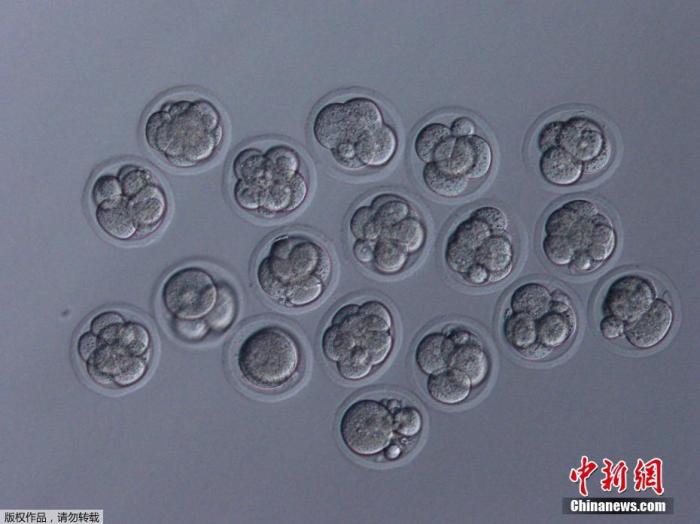China News Service, June 16-According to a Reuters report on the 15th, scientists said that they used freeze-dried mouse sperm cells stored on the International Space Station for 5 years and 10 months to cultivate 168 healthy offspring.
On June 16th, according to Reuters, a batch of mouse sperm that arrived at the International Space Station in 2013 returned to Earth in 2019 and recently successfully bred 168 healthy offspring.
According to reports, this batch of sperm was sent to the International Space Station in 2013 and returned to Earth in 2019.
At the Tsukuba Space Center of the Japan Aerospace Exploration Agency, researchers hydrated sperm, injected them into unfertilized egg cells, and then transferred them to female mice.
According to reports, sperm stored in space receives 170 times more radiation than sperm stored on the ground.
The developmental biologist Wakayama Teruhiko of Yamanashi University said that compared with sperm stored on the ground, space radiation did not damage the sperm’s DNA or reduce its ability to fertilize.
Wakayama Teruhiko said that the pups born from the sperm stored in space are as healthy as the offspring bred from the sperm stored on the ground, with normal appearance and no abnormal gene function.
Scientists are seeking a deeper understanding of how space conditions affect reproduction.
There are concerns that greater radiation levels may promote harmful mutations, while reduced or zero-gravity conditions may hinder embryonic development.
Previous space research involved animals such as fruit flies and fish.
"If space radiation causes mutations, maybe the next generation will change a little. If animals live in space for several generations, mutations will accumulate." Wakayama Teruhiko said.
"We must know how to prevent this from happening."
He said that in August this year, researchers will send frozen embryos of early developmental mice to the International Space Station, where they will be thawed and cultured under zero gravity conditions.

